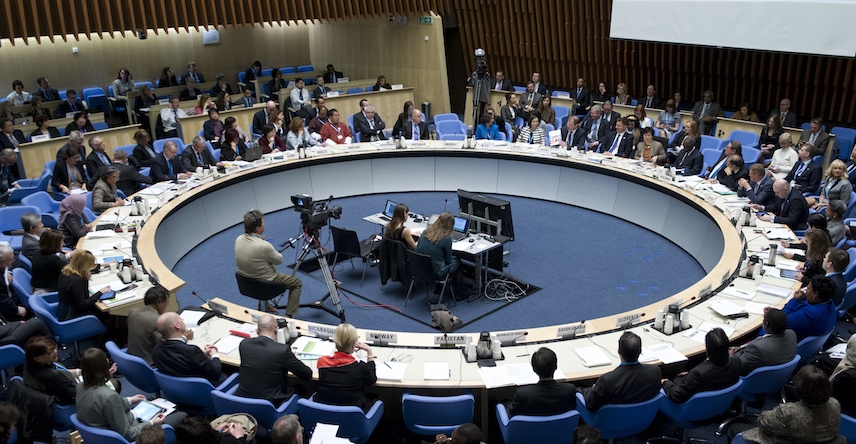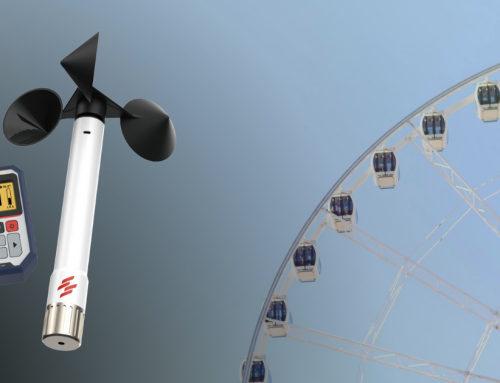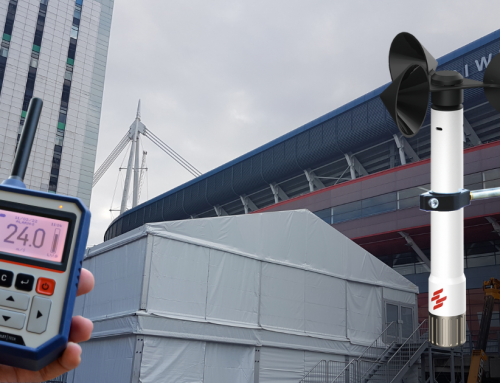Last Updated on
WHO/Europe Warn Extreme Heat on Health Impact
Heat can trigger exhaustion, confusion and even heart attacks, as well as worsen existing conditions, such as cardiovascular and respiratory diseases. The most vulnerable groups include elderly people, infants and children, people with lower socioeconomic status or chronic diseases, those taking certain medications and people in particular occupations outdoors (such as farming, construction, oil and gas operations and landscaping) or indoors (steel and other metal foundries, ceramic plants, mining operations, bakeries and commercial kitchens). The harmful effects of hot weather are largely preventable, however.
According to the international Emergency Events Database (EM-DAT), heat-waves were the deadliest extreme weather events from 1980 to 2011. The 2003 heat-wave caused over 70 000 excess deaths in Europe from June to September.
Climate change is expected to increase the frequency and intensity of heat-waves. For instance, with a high-level climate-change scenario/high-level carbon-dioxide (CO2) scenario, European cities – such as Athens, Budapest, Paris and Rome – can expect more than 400 deaths per year due to high temperatures in the future, according to the EuroHEAT project (funded by the European Union (EU) and coordinated by WHO/Europe).
Simple measures to reduce exposure during a heat-wave
- Keep your home cool and keep out of the heat as much as possible.
- Keep your body cool and drink regularly.
- Seek medical advice if you are suffering from a chronic medical condition or taking multiple medicines.
- If you feel unwell, try to get help and move to a cool place as soon as possible.
- If a family member or another person has hot, dry skin, delirium and convulsions, and/or is unconscious, call a doctor/ambulance immediately. While waiting for help, move the person to a cool place, put him or her in a horizontal position and elevate the legs and hips. Remove clothing and cool the skin by placing cold packs on the neck, armpits and groin, fanning continuously and spraying the skin with water at 25–30 °C, for example. Measure the person’s body temperature. Do not give acetylsalicylic acid (aspirin) or paracetamol. Position an unconscious person on his or her side.
- Seek further information on the health effects of heat and how to prevent them.
WHO recommendations and support
WHO/Europe recommends that countries and regions in Europe develop and implement heat–health action plans to prevent, minimize and react to heat-related risks to health. It supports an online tool providing medium-term forecasts of heat-waves, which can support health services’ planning, and has developed a package of guidance for policy-makers, health professionals and the public on how to prevent and cope with the health effects of heat-waves.






